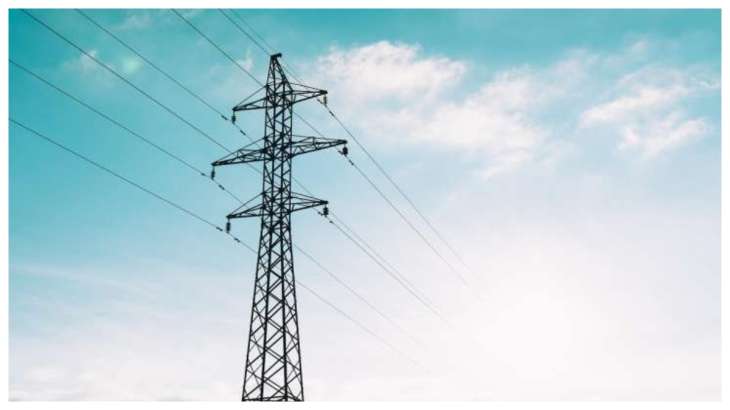
New Electricity Tariff Rules: Electricity consumers across the country can save up to 20 per cent on electricity bills by planning usage during solar hours or day as the government is set to introduce ‘daytime’ tariffs. The Government of India has introduced two changes in the prevailing electricity tariff system through amendments to the Electricity (Rights of Consumers) Rules, 2020. The changes are introduction of Time of Day (TOD) tariff and rationalization of smart metering provision.
Time of Day (TOD) Tariff
‘Time of Day’ (ToD) tariff provides different rates during different times of the day and will allow consumers to avoid using electricity for laundry, cooking and other purposes during peak hours When electricity rates are high. “Instead of being charged for electricity at the same rate at all times of the day, the price you pay for electricity will vary according to the time of day. Under the TOD tariff system, the tariff during solar hours (a In eight-hour period) the day-to-day tariff as specified by the State Electricity Regulatory Commission will be 10%-20% lower than the normal tariff, while the tariff during peak hours will be 10-20% higher,” the power ministry said in a statement.
TOD tariff will be applicable from April 1, 2024 for commercial and industrial consumers with peak demand of 10 kW and above. For all consumers except agricultural consumers, the new rule will be applicable from April 1, 2025.
For those with smart meters, the TOD tariff will be effective immediately after installation of such meters. “The Government of India has introduced two changes in the prevailing electricity tariff system through amendments to the Electricity (Rights of Consumers) Rules, 2020. The changes are: introduction of Time of Day (TOD) tariff, and rationalization of smart metering provisions,” said in a statement by the Ministry of Power on Friday.
Beneficial for the consumers as well as the providers
According to Union Minister for Power and New & Renewable Energy RK Singh, ToD tariff is a win-win deal for consumers as well as electricity providers. Singh said, “ToD tariff includes separate tariffs for peak hours, solar hours and normal hours, which send price signals to consumers to manage their load as per the tariff. Awareness about TOD tariff mechanism And with effective usage, consumers can reduce their electricity bills.” said in the statement.
He informed that since solar power is cheap, the tariff will be less during solar power hours. “During non-solar hours, gas-based capacity is used along with thermal and hydroelectric. Their cost is higher as compared to solar power and this will be reflected in the day time tariff,” said Singh.
The Union Minister said that the TOD mechanism would also ensure better grid integration of renewable energy sources, thereby facilitating a faster energy transition for India. “The TOD tariff will improve the management of renewable generation fluctuations, encourage demand growth during periods of high RE generation hours and thereby enhance grid integration of large amounts of renewable energy,” Singh said.
Most of the State Electricity Regulatory Commissions (SERCs) have already implemented TOD tariffs for large commercial and industrial (C&I) category consumers in the country. With the installation of smart meters, TOD metering will be introduced at the domestic consumer level as per the tariff policy.
rules regarding amendment
Regarding the rules for amendment made in the smart metering provision, the ministry said that the government has also simplified the rules for smart metering. “In order to avoid inconvenience/harassment of consumers, the existing penalty for increase in consumer demand beyond the maximum permissible load/demand has been reduced,” it said.
As per the amendment in the metering provision, after installation of the smart meter, no penal charge shall be levied on the consumer based on the maximum demand recorded by the smart meter for the period prior to the date of installation.
Further, the load revision process has also been rationalized in such a way that the maximum demand will be revised upwards only if the sanctioned load is exceeded at least thrice in a financial year.
In addition, smart meters will be read remotely at least once a day and data will be shared with consumers so that they can take informed decisions about electricity consumption, the ministry statement said.
The Electricity (Rights of Consumers) Rules, 2020 were notified by the Government on December 31, 2020, based on the belief that electricity systems exist to serve consumers and that consumers have a right to reliable services and quality electricity .
The rules seek to ensure that new electricity connections, refunds and other services are given in a time-bound manner and that willful neglect of consumer rights result in penalty on service providers and payment of compensation to consumers. The present amendment to the rules is a continuation of the steps taken by the Government to empower power consumers, ensure 24X7 reliable power supply at affordable cost and maintain a conducive ecosystem for investment in the power sector.